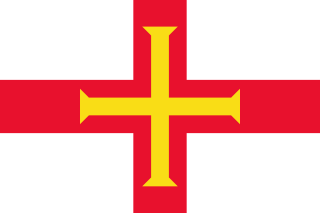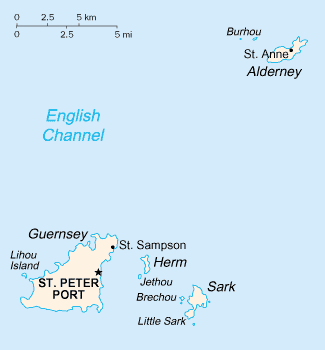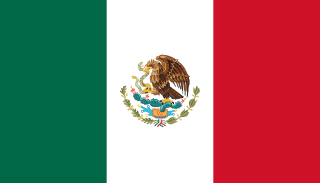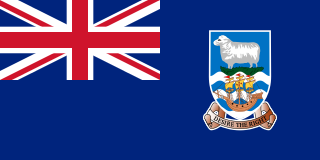
Using their 3/4 majority of the 150-seat Parliament, the ruling coalition in Georgia approved a complete overhaul of the Georgian Constitution on Tuesday which includes an article stating that marriage is recognized as being solely “a union between a woman and a man for the purpose of creating a family.” The opposition boycotted the vote as they left the chamber in protest during the final reading.
Despite earlier requests from the Council of Europe’s Venice Commission to drop the ban, Georgia has become the latest nation to attempt to add a legal barrier to their highest legislation.
If the newly-approved constitutional package is not vetoed by the Georgian President, or if a Presidential veto is overridden by Parliament, Georgia will become the second Caucasus country after Armenia to forbid same-sex couples from wedding through their Constitution.
Currently, only the Georgian Civil Code bars same-sex couples from marrying and the Constitution merely describes marriage in gender-neutral terms.
The goal by conservative groups to add a constitutional ban gained steamed during election time when high-ranking members of Government doubled down on a ban proposal after the President of Georgia vetoed an effort to hold a referendum on the marriage issue. A lawsuit aiming to afford all couples the right to marry highlighted the topic as well, and the court case is still pending before the Georgian Constitutional Court.
For more information on the LGBT rights situation in Georgia, please visit: https://en.wikipedia.org/wiki/LGBT_rights_in_Georgia_(country)






